

Max Lab > Lab Test in Ambala > Lab Test in Ballana > Non Invasive Prenatal Aneuploidies Screening (NIPT) Test
₹ 15000
10% OFF for Senior Citizens | USE CODE SS10 *
|
|
Non Invasive Prenatal Aneuploidies Screening (NIPT) Test |
|
|
Blood |
|
|
Doctor Prescription is must
|
|
|
|
|
₹ 15000 |
@3x.png) Description
Description
The Non-invasive Prenatal Testing (NIPT) is a prenatal screening test in Ballana, Ambala used to detect potential chromosomal abnormalities and other fetal health concerns. It provides expectant parents with early insights into their baby's genetic health. NIPT is a blood test in Ballana, Ambala recommended for all pregnant women, but especially those in certain categories with a higher risk of chromosomal abnormalities.
The NIPT Test is a sensitive screening test in Ballana, Ambala that primarily assesses the condition of Down syndrome (trisomy 21), Edwards syndrome (trisomy 18), and Patau syndrome (trisomy 13).
NIPT lab test in Ballana, Ambalas can also detect abnormalities in sex chromosomes and other genetic conditions. While it's a valuable tool, it's important to remember:
NIPT is a screening test in Ballana, Ambala: It indicates an increased risk of an abnormality, but it's not diagnostic. Further test in Ballana, Ambalaing may be needed.
NIPT doesn't detect all abnormalities: It focuses on specific chromosomal conditions.
NIPT blood test in Ballana, Ambala reports can help in determining the sex of the fetus. Moreover, a non-invasive prenatal paternity test can be performed as early as the 7th week of pregnancy to determine the paternity of the fetus.
Unlike other invasive test in Ballana, Ambalas like Chorionic villus sampling (CVS), amniocentesis, and percutaneous umbilical blood sampling, a basic NIPT test in Ballana, Ambala poses no risk to the fetus.
Chromosomal abnormalities can happen during fetal development or egg/sperm formation due to errors in cell division (meiosis or mitosis). While maternal age is a risk factor, these abnormalities can occur in pregnancies regardless of age or health history.
NIPT test can scan several key abnormalities and help doctors and parents-to-be to prepare for and manage pregnancy more effectively.
While there are no outward signs that indicate chromosomal disorders, pregnancies that are at a higher risk conditions include,
@3x.png) Description
Description
The Non-invasive Prenatal Testing (NIPT) is a prenatal screening test in Ballana, Ambala used to detect potential chromosomal abnormalities and other fetal health concerns. It provides expectant parents with early insights into their baby's genetic health. NIPT is a blood test in Ballana, Ambala recommended for all pregnant women, but especially those in certain categories with a higher risk of chromosomal abnormalities.
The NIPT Test is a sensitive screening test in Ballana, Ambala that primarily assesses the condition of Down syndrome (trisomy 21), Edwards syndrome (trisomy 18), and Patau syndrome (trisomy 13).
NIPT lab test in Ballana, Ambalas can also detect abnormalities in sex chromosomes and other genetic conditions. While it's a valuable tool, it's important to remember:
NIPT is a screening test in Ballana, Ambala: It indicates an increased risk of an abnormality, but it's not diagnostic. Further test in Ballana, Ambalaing may be needed.
NIPT doesn't detect all abnormalities: It focuses on specific chromosomal conditions.
NIPT blood test in Ballana, Ambala reports can help in determining the sex of the fetus. Moreover, a non-invasive prenatal paternity test can be performed as early as the 7th week of pregnancy to determine the paternity of the fetus.
Unlike other invasive test in Ballana, Ambalas like Chorionic villus sampling (CVS), amniocentesis, and percutaneous umbilical blood sampling, a basic NIPT test in Ballana, Ambala poses no risk to the fetus.
Chromosomal abnormalities can happen during fetal development or egg/sperm formation due to errors in cell division (meiosis or mitosis). While maternal age is a risk factor, these abnormalities can occur in pregnancies regardless of age or health history.
NIPT test can scan several key abnormalities and help doctors and parents-to-be to prepare for and manage pregnancy more effectively.
While there are no outward signs that indicate chromosomal disorders, pregnancies that are at a higher risk conditions include,

Top 5 Foods & Drinks Beneficial For A Healthy Liver...Read More
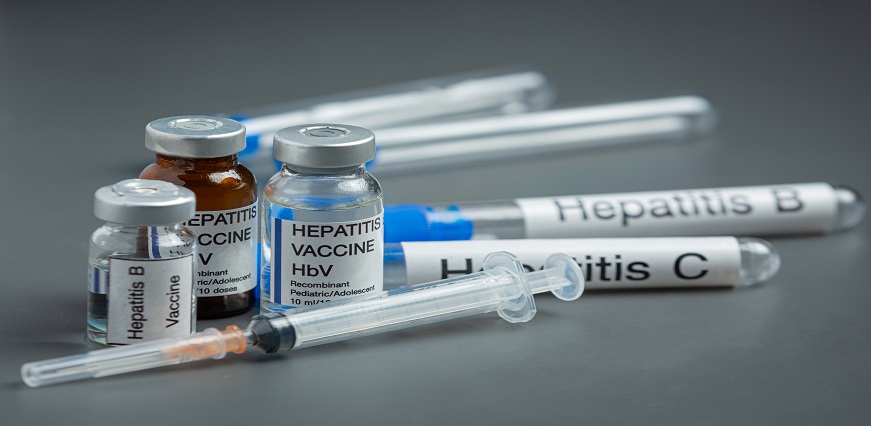
Hepatitis B infection refers to a condition that causes irritation and inflam...Read More
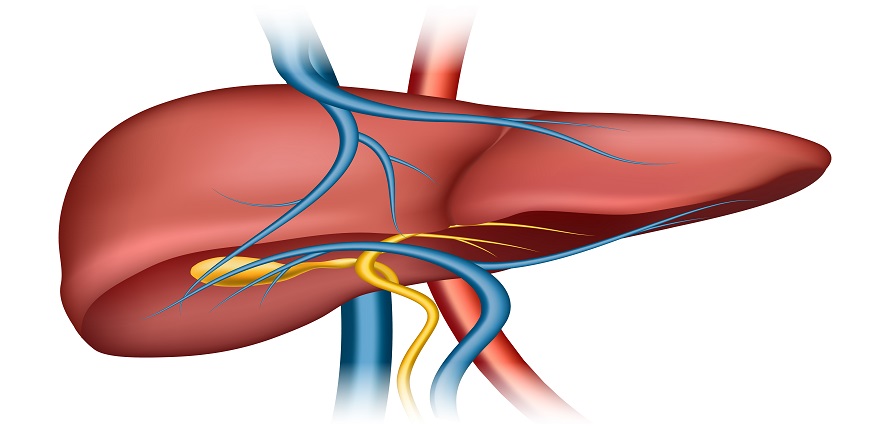
The liver is the second largest organ in the body and plays an important role...Read More

Fatty liver is also known by the name hepatic steatosis. It is a condition th...Read More
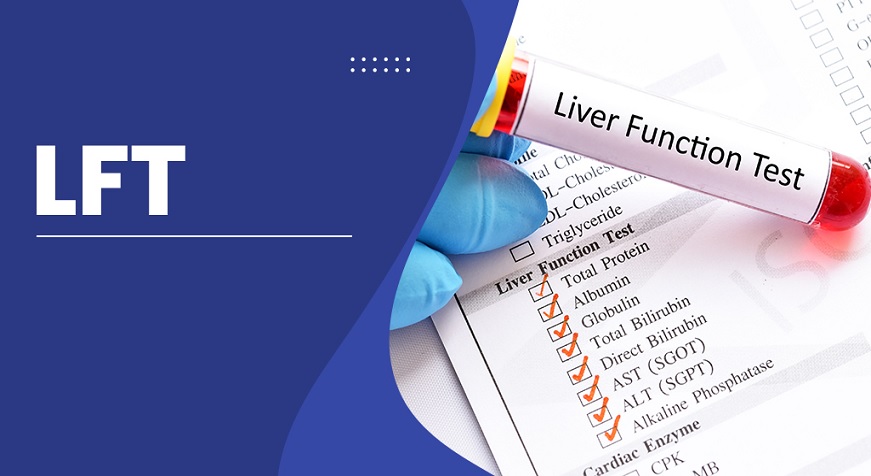
The second-largest organ in the body, the liver, is crucial to sustaining gen...Read More
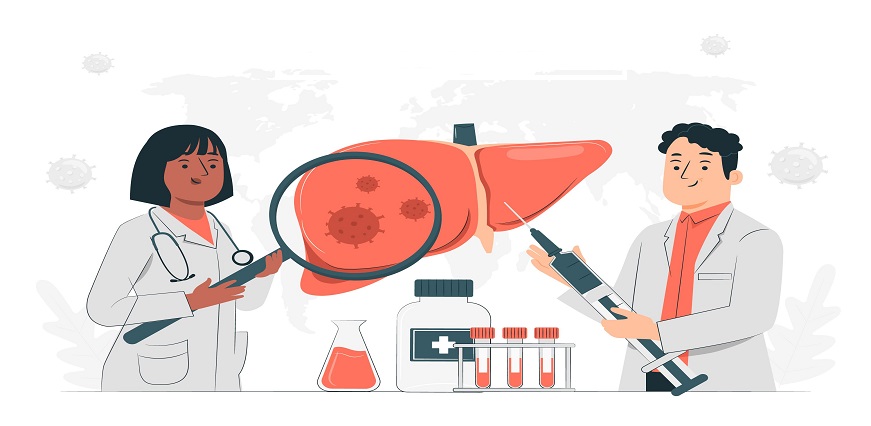
Hepatitis B is a very common and serious liver condition that affects multitu...Read More
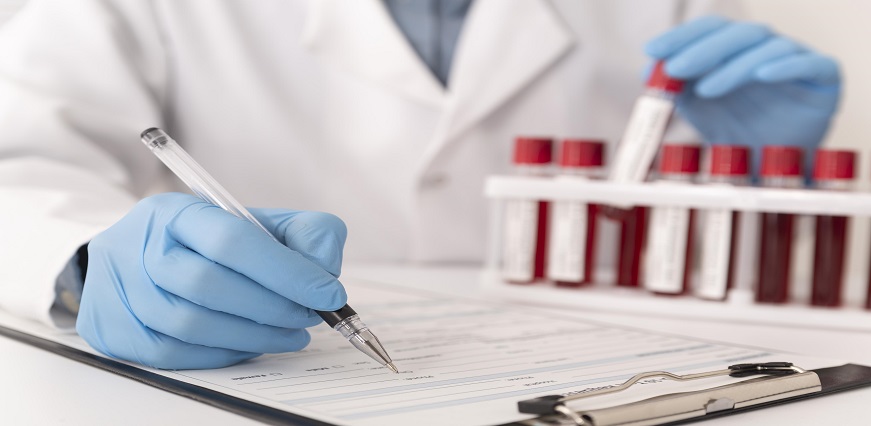
Have you ever heard of a Bilirubin test? It may sound unfamiliar, but it is a...Read More
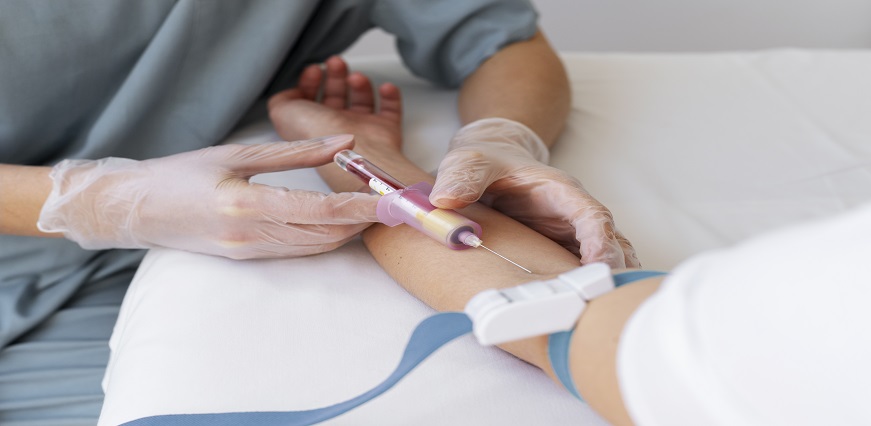
Welcome to our blog post on the SGOT test! If you're curious about this i...Read More

Your liver plays a vital role in keeping your body healthy and functioning pr...Read More
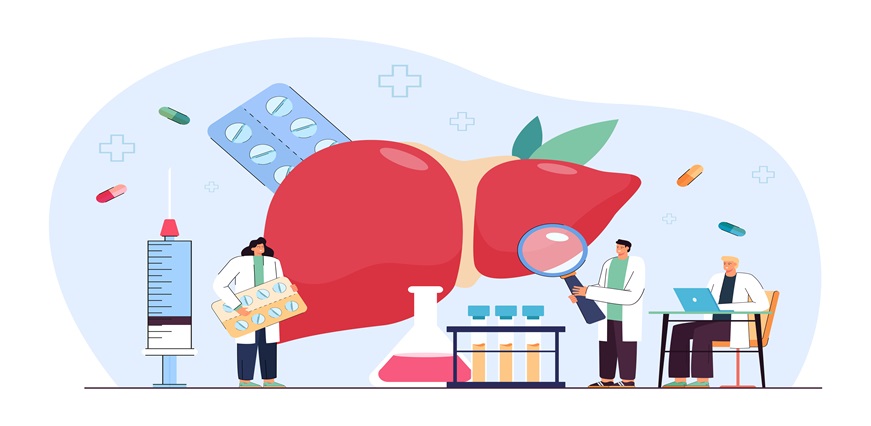
The liver is the largest organ inside one’s body, and it is responsible...Read More